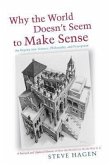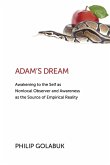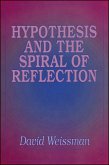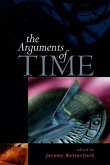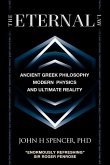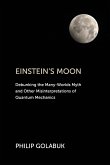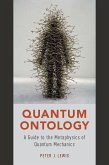The incredible success of quantum theory as a mathematical model makes it especially frustrating that we cannot agree on a plausible philosophical or metaphysical description of it. Some philosophers of science have noticed certain parallels between quantum theory and the philosophy of Thomas Aquinas, and these parallels are deepened and strengthened if the "observer" of modern physics is associated with the "intellect" of scholastic ontology. But this type of observer has a unique quality that is not considered at all by either physics or scholastic philosophy--the human observer is mimetic and therefore "interdividual." By taking this fundamental anthropological fact into account, it turns out that the critical gaps still separating Aquinas from modern physicists can be effectively closed, reconciling the realism of Aquinas with the empirical evidence of quantum mechanics. This book explores this new bridge between the physical and the human and the path it opens to that metaphysical understanding for which philosophers of modern science have been striving. Here the reader will find a physics that describes the natural world and our place as mimetic observers within it.

